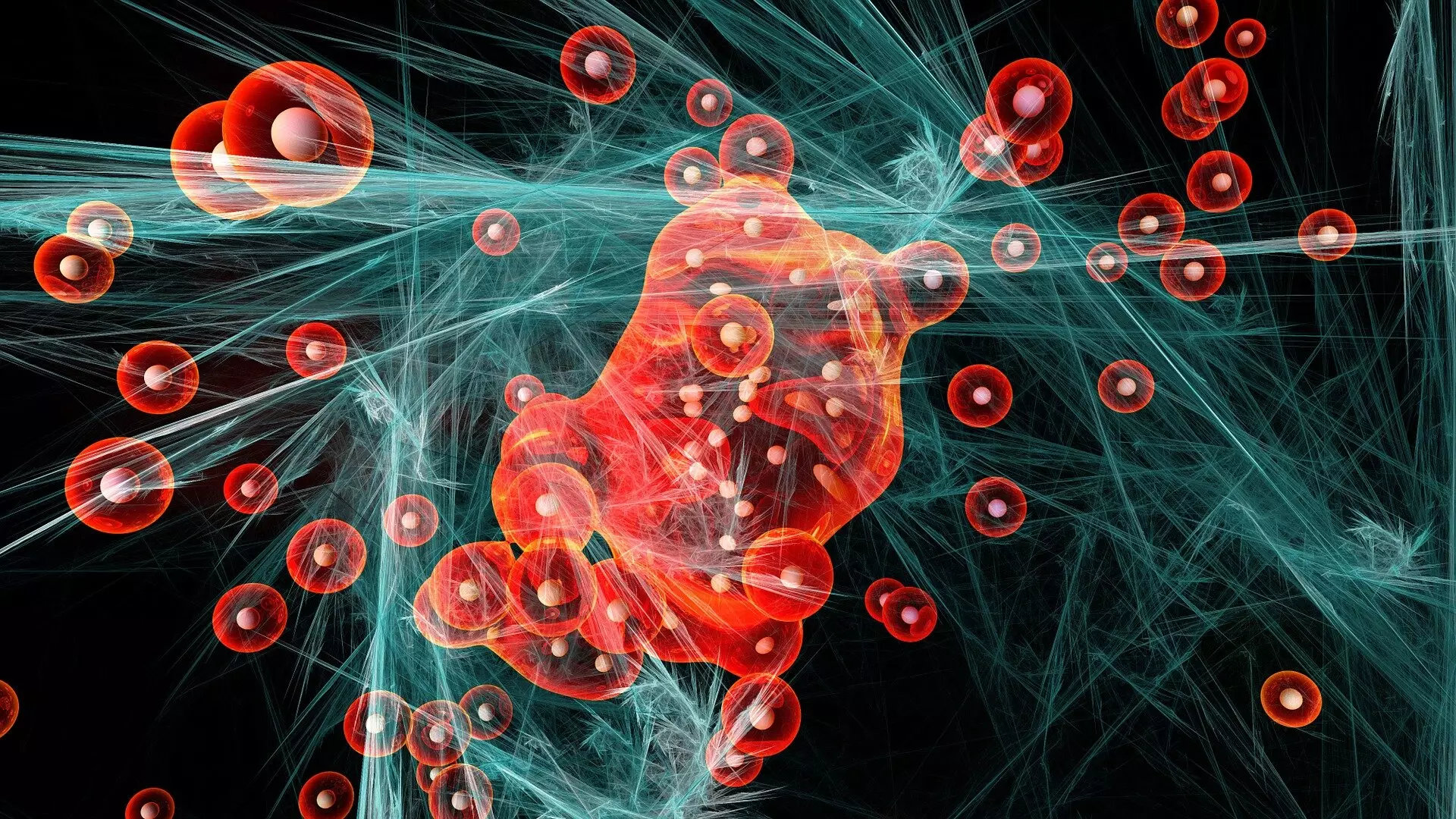The chemical industry has long been associated with harmful environmental practices, but efforts are being made to change this perception. Caltech’s Karthish Manthiram and his team have made significant progress in developing a catalyst for producing propylene oxide, a widely used chemical, in a more environmentally friendly manner. This breakthrough could revolutionize the production process of propylene oxide and reduce the industry’s carbon footprint.
Propylene oxide is a crucial compound used in various applications such as manufacturing foams, plastics, and antifreeze. Traditionally, its production involves the use of toxic and dangerous chemicals like hypochlorous acid or hydrogen peroxide. Both methods have drawbacks, with hypochlorous acid resulting in a discharge of chloride into the environment, and hydrogen peroxide posing a safety risk due to the potential for explosions.
To address the environmental and safety concerns associated with the production of propylene oxide, Manthiram’s team focused on finding a catalyst that could utilize the oxygen atom present in water molecules. By using water as the starting material, the only byproduct of the reaction would be hydrogen gas, which has numerous valuable applications in itself.
After extensive experimentation, the team discovered that a combination of platinum oxide and palladium oxide as catalysts produced the desired propylene epoxide with minimal side products. This hybrid catalyst system proved to be more effective than using either catalyst alone. Through X-ray absorption spectroscopy, the team determined that the presence of platinum in a higher oxidation state was crucial for improved catalytic performance.
The implementation of the new catalyst system resulted in a significant increase in both the rate and efficiency of propylene oxide production. Compared to previous methods, the rate of production increased by a factor of 10, while the overall efficiency improved by 13%. These improvements make this breakthrough a promising step towards sustainable and cost-effective propylene oxide production.
While the development of the catalyst system is a major breakthrough, there are still challenges to overcome before it can be implemented on an industrial scale. Further research is necessary to assess the catalyst’s longevity and performance in larger-scale operations. Additionally, finding an efficient method for separating the propylene epoxide from the system during production will be critical.
The quest for environmentally friendly chemistry practices is ongoing, and the development of a catalyst for propylene oxide production represents a significant step forward. This breakthrough not only reduces the industry’s carbon footprint but also eliminates the discharge of harmful byproducts into the environment. With further research and industrial application, the implementation of this catalyst system could revolutionize propylene oxide production, leading to a more sustainable and environmentally friendly chemical industry.


Leave a Reply